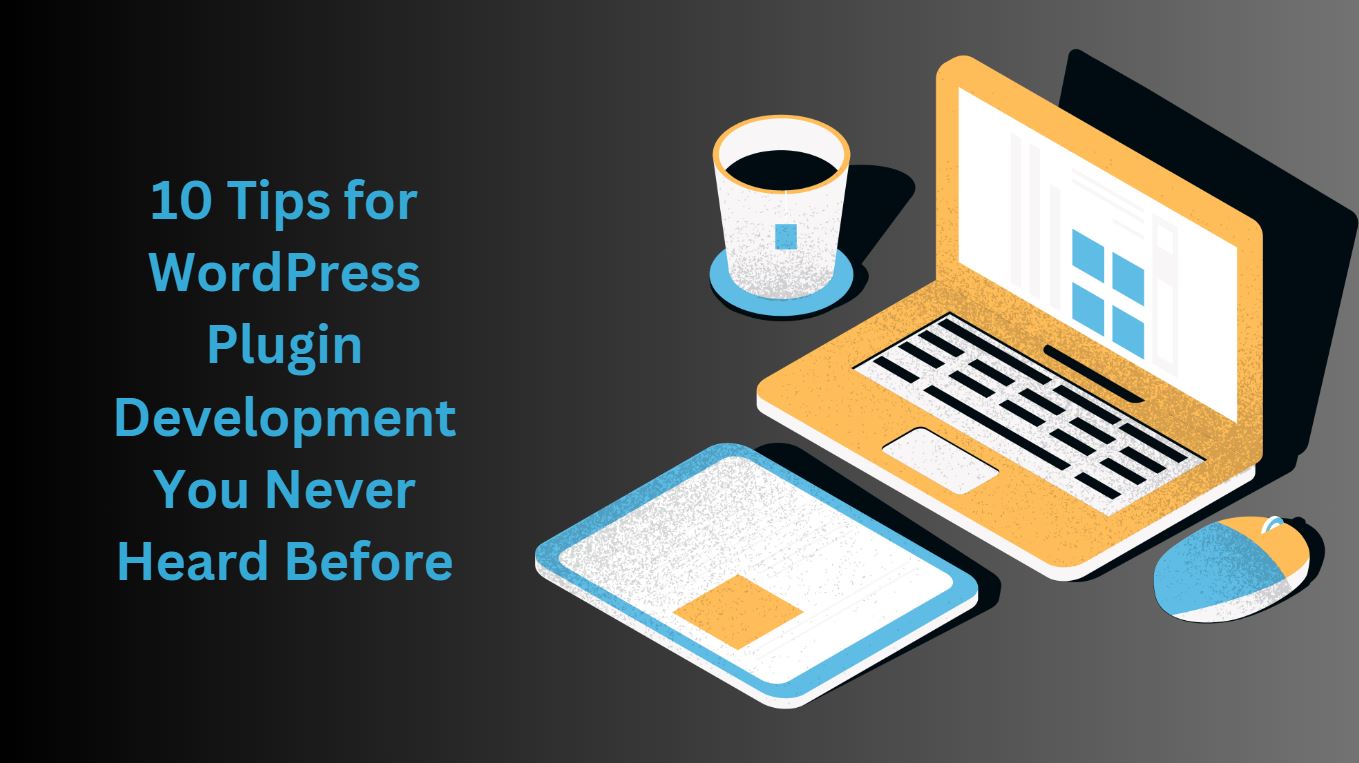10 Tips for WordPress Plugin Development You Never Heard Before

WordPress is the most popular blogging and publishing platform in the world today. WordPress also powers a great number of websites including corporate solutions and personal websites. This has also pushed the demand for plugins (which power up websites) go up. Developers are now spending sleepless nights trying to develop plugins to help WordPress users easily run their websites. This article has ten tips to help plugin developers with their plugin developing tasks. Whether you are a newbie or guru, these tips are beneficial to all plugin developers.
>>> 100+ Small Business Ideas With Really Less Investment
1. Use Ubiquity Firefox add-on to speed up development
This is a cutting edge add-on for Firefox and was developed by Mozilla Labs. Ubiquity allows plugin developers to instantly search WordPress and PHP documentation in an instant using PHP Search and WP Codex Search plugins. This add-on also has several creative ideas that can help developers transform their creativity into WordPress development.
2. Need a plugin idea? Use the official Ideas forum
Developing new plugins is just as important as creating new WordPress themes. Many developers find themselves in a funny predicament where they run out on new plugin ideas. This happens all the time. The best place to come up with new ideas is through the WordPress forum. There are thousands of new plugin ideas every time and you can miss one. Through the forum, many developers who ran out of ideas are now refreshed from new ideas from the WordPress community.
3. Use the WordPress Plugin Directory
The WordPress Plugin Directory is a haven for many new apps. Hosting your apps at WordPress Directory has several benefits including:
-
- Free hosting bandwidth
- You can manage your plugin versions though SVN repository
- Free download statistics
- Free plugin promos
Setting up a WordPress directory doesn’t take more than an hour. The Developer Center gives you detailed instructions while doing WordPress Plugin development.
4. Invest in proper readme.txt file
Any plugin distribution should have a readme.txt file. Investing in one is a time well spent and the results will be worth it in the long run. One benefit of readme.txt is that the plugin will have more downloads since users want to download plugins with installation instructions, good descriptions, and screenshots. Another advantage that is not so obvious is that once a WordPress plugin becomes popular, it will get lots of support questions that a developer may not handle. A good readme.txt will help you with that. The standard readme.txt provided by WordPress gives you a good base to build your own on.
>>> 19 best methods to earn money online with less investment
5. Promote Your Plugin
Whenever you are done developing a WordPress plugin you expect maximum exposure and download. You can follow the following steps to achieve this.
-
- Go to the WordPress Plugins and Hacks forums
- Create a new topic
- Have a simple, informative template describing your plugin release: Plugin Name: Insights
- Visit the Weblog Tools Collection forum and also create a topic there using the same template. After the team reviews the topic, the plugin will be added to their regular plugin news post that appears on the dashboard of every WordPress user.
- Add it to wp-plugins.net
- Announce it on your blog
6. Enhance plugin security by using the nonce
Nonce is a number used once as an effective way of secure your plugin against a cross-site request forgery (CSRF) hacking attack. Fortunately, its implementation takes a few minutes. For starters, you can check out WordPress documentation, for examples of implementation.
7. Mind your database queries
Ensure you utilize functions provided by WordPress to create database queries and insert/update information.
These functions are $wpdb->prepare (), $wpdb->insert () and $wpdb->update (). You will be guaranteed that your queries are properly escaped.
8. Don’t forget the optimization
To avoid your WordPress plugins being a resource hog, you need to localize the usage of resources by loading them only when needed. This is done through code. Therefore, you need to have some coding skills or you may ask another developer to help you with it. On this, you also need to pay attention to load JavaScript files only when needed.
9. Properly load JavaScript with WP_enqueue_script
For external JavaScript files, you can invoke these using wp_enqueue_script () function. For passing variables to your JavaScript from your plugin, use wp_localize_script () function. Besides making it easier to handle and change, it also ensures future maximum compatibility for your plugin.
10. How to handle freelance work
To start getting Freelance work, create a couple of free plugins and publish them in the WordPress directory for self-promotion. Before you know it, you will be approached with parties interested in custom development. If such happens, don’t be shy to ask for an upfront payment. This shows a level of professionalism and that you mean business. If there are no disagreements, it also shows that they mean business. Honesty and consistency are the main ingredients of the professional WordPress plugin developer.
Conclusion
There you are a huge market of WordPress plugins and as a WordPress developer; you shouldn’t sleep hungry with so much potential. Follow these simple tips and you will surely benefit from your WordPress plugin development services. This is one career that is not fully explored simply because developers are afraid to enter into the murky water of plugin development. If you have confidence in yourself, take the competition head-on and you will have nothing to lose and much to gain.
Image credit- Canva
Discover more from Newskart
Subscribe to get the latest posts sent to your email.


Comments are closed.